The Guardia Civil and the National Police have shut down a system conducted by three women accused of selling 249 Xàtiva registration certificates to illegal aliens over a six-year period for €350 per transaction. To enhance the credibility of their scheme, they purchased substandard ground floors and apartments in Xàtiva, using them as the alleged principal residences of the registered individuals.
However, greed has finally caught up with them: 250 people regularly registering in the same buildings—three apartments and a call centre—have finally drawn the notice of the Administration. The Administration has arrested all three and charged them with the following crimes: violating the rights of foreign citizens, money laundering, document falsification, and social security fraud.
The investigation has revealed that many of those defrauded with fraudulent registrations, who were always registered at the same addresses – two flats and a telephone shop in Xàtiva and a third flat in La Granja de la Costera – were compatriots of those now arrested, although they profited from their vulnerable situation.
Six years of registration with impunity
The operation, carried out jointly by the Canals Guardia Civil Investigation Area and the Immigration Group of the Xàtiva National Police, revealed a scheme that had been active since 2018. The police investigation began in May of last year, following the “detection of suspicious movements in the municipal census records” of the Xàtiva City Council, both police units announced yesterday. June 23rd The situation involved the regular repetition of registrations for identical properties, which is technically impossible in such a short timeframe.
During the investigation, it was discovered that the majority of the properties were uninhabited; in fact, they were uninhabitable due to unsanitary conditions: some had structural damage, lacked basic amenities such as water and electricity, and one was a ground-floor flat used solely as a call centre, so the alleged home did not even have windows. But there was more.
He registered the apartments in the names of his grandchildren
The majority of these properties were registered in the names of the same people, who happened to be the prime suspect’s grandchildren. However, the ringleader retained full usufruct and registered them in the young men’s names to avoid potential tax liabilities.
And there’s more: a significant portion of the price of these apartments and ground floors was paid in cash, leading investigators to believe that the properties were purchased using the money they made from the fraudulent scheme.
It is believed that they earned approximately €135,000 employing this strategy. Not only did they charge a one-time fee for initial registration, but the €350 they demanded only allowed them to be registered in one of those homes for a six-month period. If they wished to renew their registration, they would have to pay again.
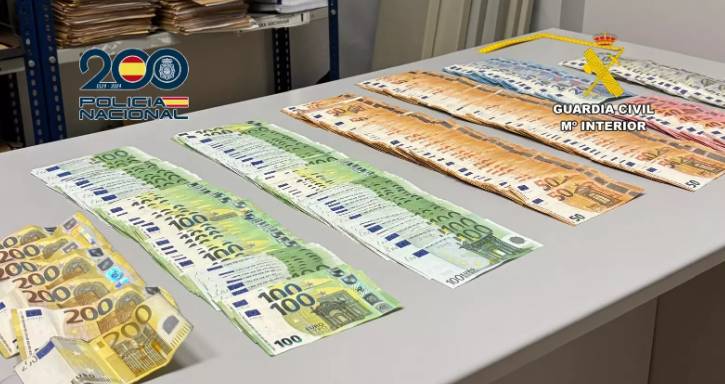
Also a van
Once all of the evidence had been gathered, the Guardia Civil and the National Police launched the operation on June 5, during which four simultaneous searches were conducted in Xàtiva and La Granja de la Costera, resulting in the seizure of 26,000 euros in cash, as well as numerous documents related to the events and a van, which was allegedly purchased with the proceeds from the plot, for which they are also accused of money laundering.
The three inmates, together with the documents, were handed over to Xàtiva’s Court of First Instance and Investigation No. 2, which freed them on temporary charges.

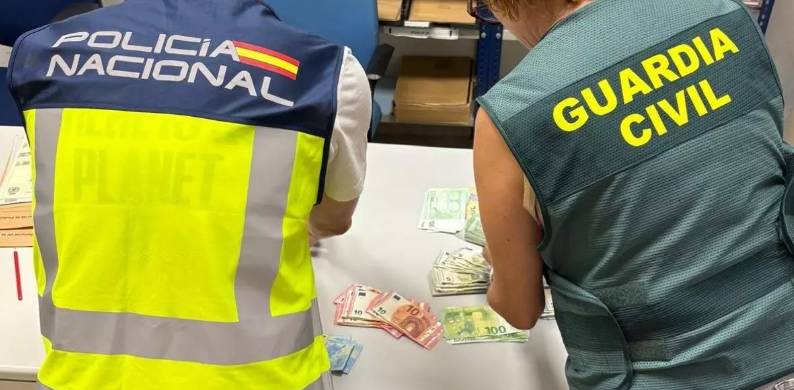


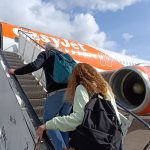

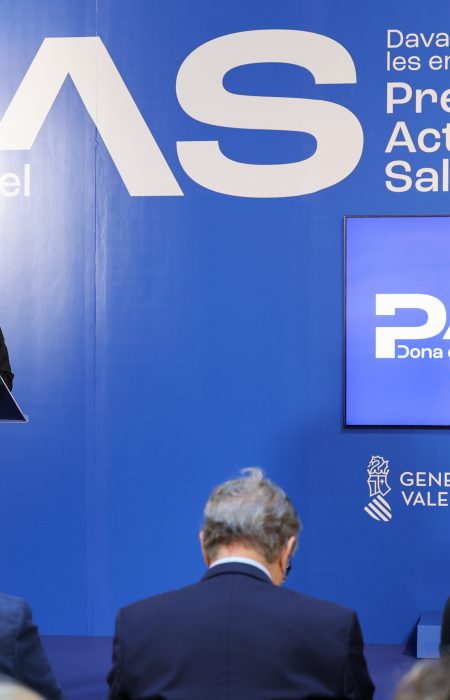

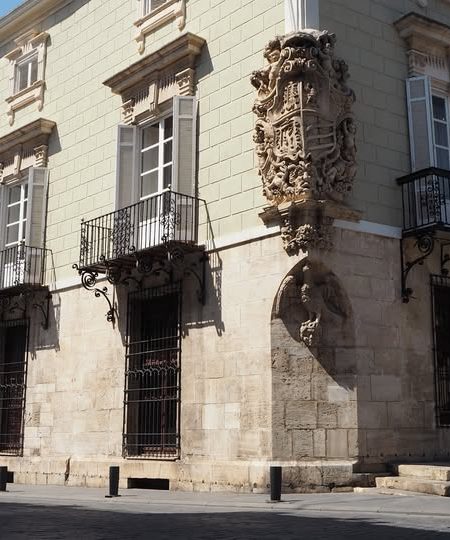
No Comment! Be the first one.